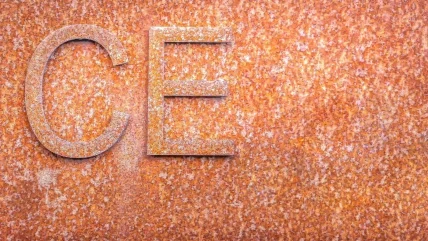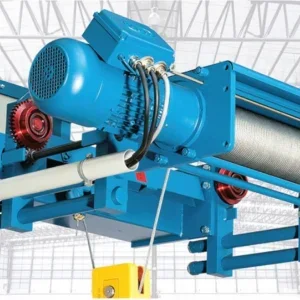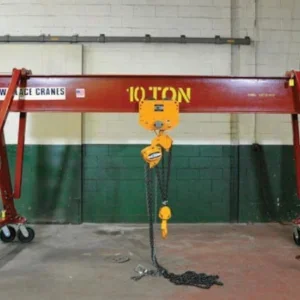
Following extensive engagement with industry, the UK’s Department for Business and Trade (DBT) announced in August 2023 its intention to indefinitely extend the use of CE marking for most products from businesses, with some exceptions, applying to 18 regulations owned by DBT. British firms will be able to continue the use of CE marking alongside UKCA, which will provide businesses with flexibility and choice to use either the UKCA or CE approach to sell products in Great Britain (GB).
This is a welcome move. The Lifting Equipment Engineers Association (Leea) had raised industry concerns around UKCA markings, which needed to be “clearly visible, legible and indelible” on every relevant piece of “machinery”. In meetings with government representatives we made the case that there are both cost and, more importantly, safety implications. Indelible marking on items such as forgings or castings may be impracticable or even pose an active risk of introducing a starting point for a stress fracture or corrosion. Also, lifting is a global sector that uses products from companies across the globe that may not perform UKCA marking. So we sought a similar concession to that given currently to other products where it is difficult to directly apply the CE mark.
It is, however, pleasing news that the DBT announcement prevents a cliffedge moment in December 2024 when UKCA was set for entry and the extension will ensure businesses no longer face uncertainty over the regulations.
If you are continuing to place CE marked products on the GB market until the 31 December 2024, you should note that where:
- UK product regulations are amended, you will have the flexibility to choose between the UKCA and CE markings until 31 December 2024.
- EU regulations are amended, you will need to follow the EU regulation as it applied on 31 December 2020 to supply those goods to the GB market using the CE marking or meet the UK regulation and place a UKCA mark on the product.
If you’re following European harmonised standards and the essential requirements in the relevant directive to place CE marked products on the GB market, you should also note the following:
- This will not give rise to ‘presumption of conformity’ (which can be countered by evidence) with the essential requirements in the directive in relation to those goods placed on the GB market. However, manufacturers may continue the EU harmonised standards to evidence they have met the essential requirements of the EU directive in cases where it remains aligned with the designated standard. To claim presumption of conformity for goods placed on the GB market manufacturers must follow UK designated standards and use UKCA marking.
- In a small number of cases where there is a difference between designated standards and European harmonised standards, the conformity assessment procedures that need to be complied with before the CE marked product can be placed on the GB market, may be affected.
- If a designated standard has a restriction which the equivalent European harmonised standard used does not, you may need to take additional steps to bring that product into compliance with the safety requirements before placing the product on the GB market.






